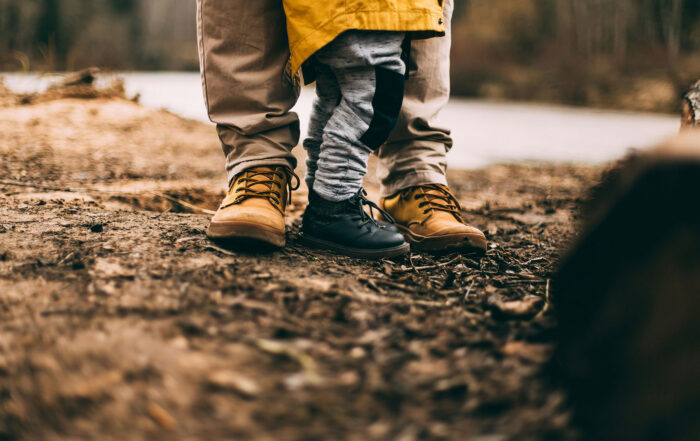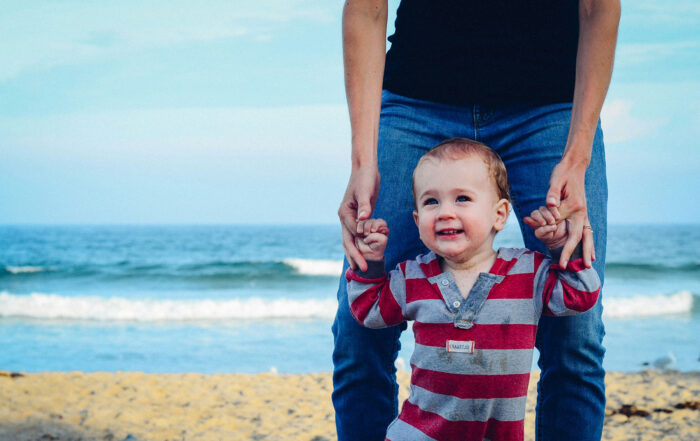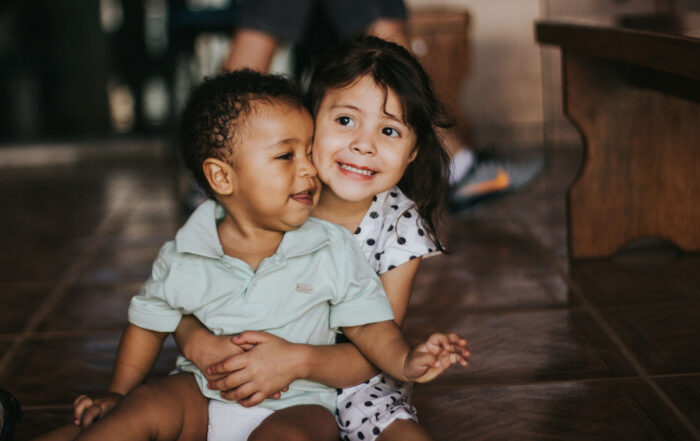
Written by Kaytee Gillis, LCSW
A recent study published in Biological Psychiatry: Cognitive Neuroscience and Neuroimaging finds that childhood trauma can lead to disruptions in two main regions of the brain, the default mode network (DMN) and the central executive network (CEN). As these areas are responsible for emotional regulation, memory processing, and stress response, this research points to the connection between childhood trauma and lifelong brain changes (Ireton, Hughes, & Klabunde, 2024). The researchers found that, when compared to those without a trauma history, children who had experienced trauma displayed increased activity in the default mode network during memory, social processing, or emotional tasks (Ireton, Hughes, & Klabunde, 2024).
Share This Post!
Ukrainian refugees in Poland get help for trauma you can’t see — mental health
By Dana Bash and Abbie Sharpe, CNN Warsaw, Poland (CNN)Eight-year-old Yana was going to gymnastics class six days a week at home near Odessa, Ukraine. Now, she can only practice by [...]
Mental health effects of Ukraine war zone on children
By Mary Kekatos As the Russian invasion of Ukraine intensifies, children are experiencing devastating consequences of being caught up in the war zone. At least seven children have been killed, according to United Nations [...]
The Chilling Effects of the Texas Anti-Trans Directive
By Mira Miller When Texas Governor Greg Abbott penned a letter directing state officials to investigate healthcare providers or parents who help transgender youth receive gender-affirming care, some believed his order would be ignored. [...]
What Is Intergenerational Trauma?
By Ivy Kwong, LMFT Humans have survived for thousands of years by evolving the ability to adapt. If you live with chronic stress or have lived through a traumatic event, certain [...]
Is It ADHD or Trauma
By Caroline Miller When kids have behavior and attention issues in school, the first explanation that comes to mind is often ADHD. But exposure to trauma can also cause symptoms that [...]
Student Trauma Is Real. But Connection Can Heal.
By Gary G. Abud, Jr. As humans, we are hard-wired for connection with each other. When we face challenging life situations, we often seek out and lean on others. Relationships are [...]







